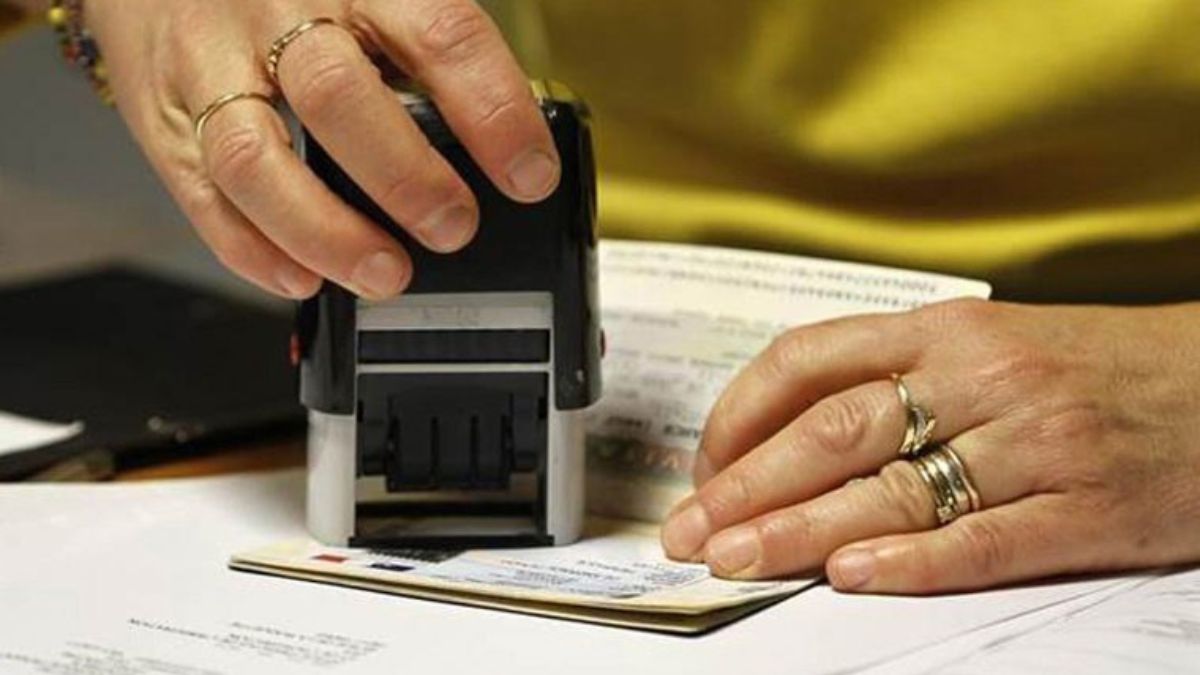UAE Golden Visa changes: How will new nomination rule affect India's emigrating middle-classes?

The United Arab Emirates' ICP on Monday declared an important new change to the Golden Visa programme, which was previously restricted to only those who could invest large sums of money in properties/businesses here.
According to the Federal Authority for Identity, Citizenship, Customs & Port Security (ICP), an immigration institution vital to the UAE, the new rules permit those from India and Bangladesh to obtain a Golden Visa for life by either paying a one-time fee of AED 100,000 (around ₹23.30 lakhs), or by earning a monthly salary of AED 30,000 (around ₹6.5 lakhs), excluding allowances.
ALSO READ | No Golden Visa for cryptocurrency investors, UAE clarifies
This move puts access to the 10-year Golden Visa—and the stability and financial freedom that comes with it—within the reach of the middle-class, with more than 5,000 Indians alone expected to apply for it over the next three months, a PTI report said.
This new policy change is of a magnitude that markets have not anticipated—one that could transform mobility options for skilled migrants (especially those belonging to the upper middle class), and could trigger ripple effects across labour markets and remittance flows.
However, the income threshold still excludes a significant chunk of well-qualified Indians—including engineers and teachers—whose total compensation exceeds the mark. This is because the salary requirement excludes allowances.
For middle-class Indians, this dual-track shift is transformative. While it does offer stability, family reunification, and career autonomy, it also indicates a potential divide within the middle classes.
The Golden Visa nomination process is an agreement between the UAE and its Comprehensive Economic Partnership Agreement (CEPA) signatory/partner countries.
Starting with India and Bangladesh, applications will soon be open to those from other CEPA countries, like China. RayadGroup and VFS have been chosen to vet the applicants and then forward them to the UAE authorities.
Middle East